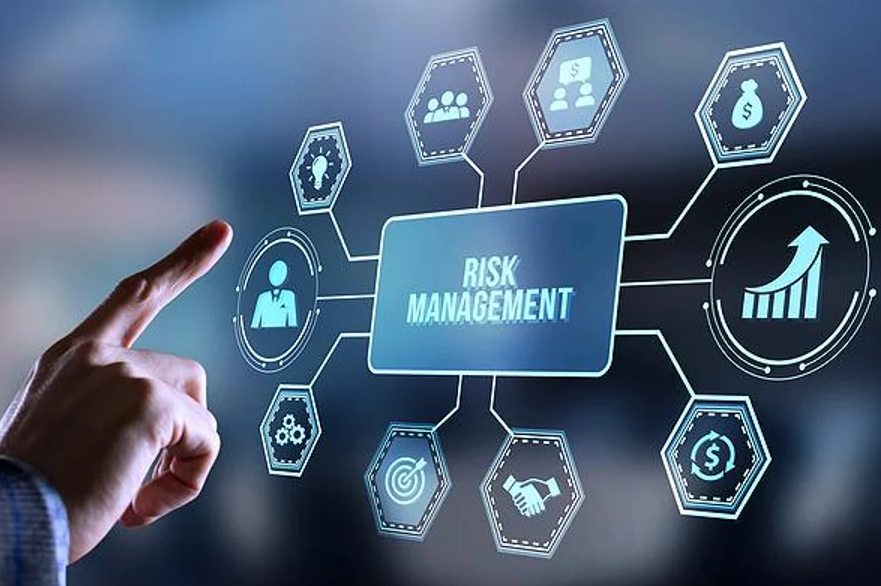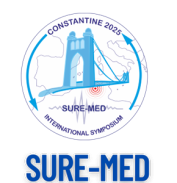SESSIONS
Session 1: From Rupture to Record: Seismic Signatures and Source Processes
Objective: To present recent advances in earthquake detection, source characterization, and fault system interactions, aiming to improve our understanding of seismic processes and the physical mechanisms driving fault rupture and earthquake sequences.
Key themes:
- High-precision earthquake detection and relocation.
- Statistical and temporal analysis of seismic catalogs.
- Waveform modeling and rupture process imaging.
- Source parameter estimation and slip distribution.
- Stress transfer and fault–fault interactions.
- Physical and tectonic forces driving seismicity.
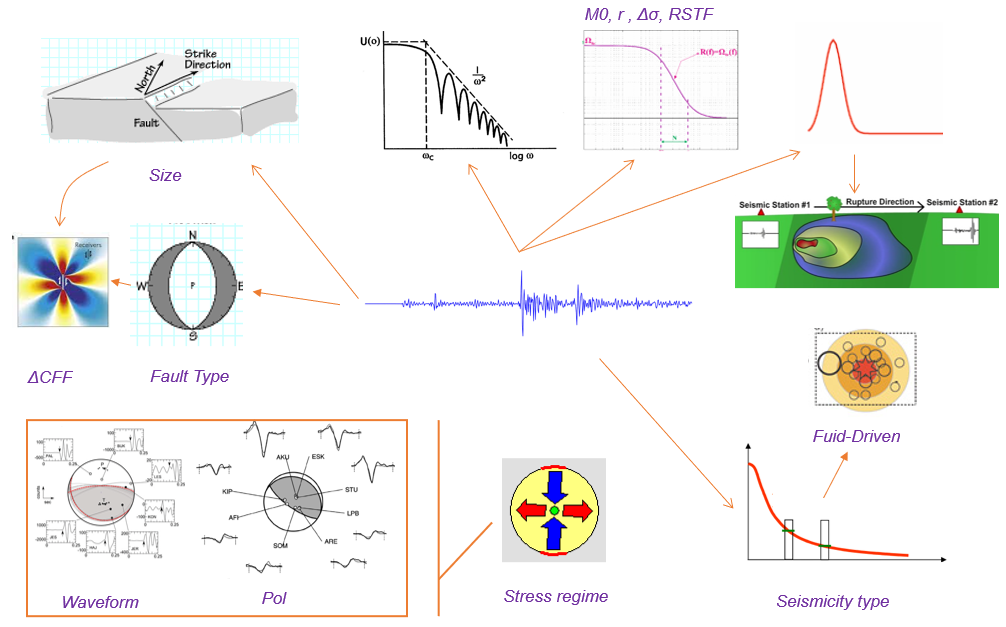
Session 2: Solid Earth Processes and Tectonics
Objective: Explore geological and geophysical processes shaping Earth’s crust, focusing on tectonic activity and deformation.
Key Themes:
- Geodynamics, crustal imaging, and lithospheric processes.
- Neotectonics, seismotectonics, and active fault systems.
- Crustal deformation monitoring using geodesy (GPS, InSAR).
- Paleoseismology, Archeoseismology and earthquake cycle studies.
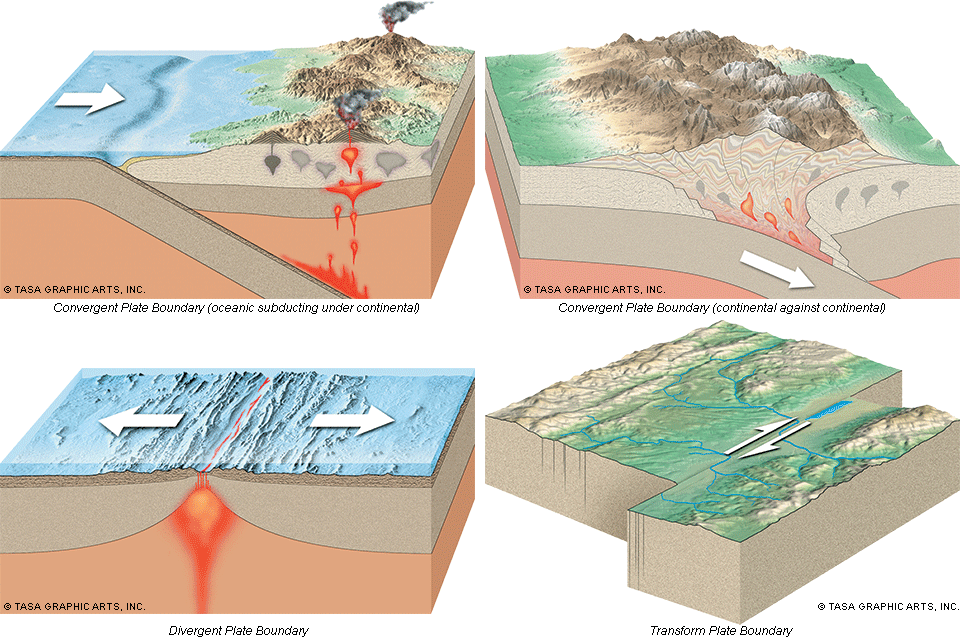
Session 3: Ground response: Geotechnical Engineering, Site effects, and Seismic Hazard Mitigation
Objective: Highlights the integrated approach between geotechnics and hazard assessment
Key themes:
- Tackling Geotechnical Challenges in Seismic Prone Zones.
- Site Effects: Liquification, Landslides, Soil amplification.
- Soil structure interaction Under Seismic Loading.
- Seismic Hazard Assessment: Deterministic vs. Probabilistic approaches.
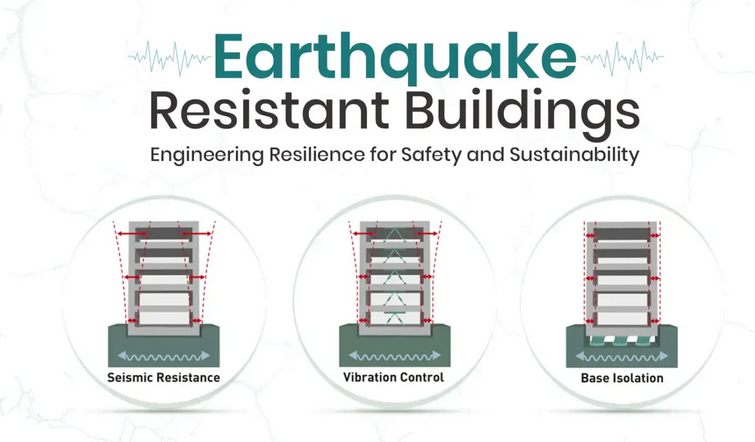
Session 4: Urban Resilience in Seismic Zones: Seismic Codes, Urban planning, and Crisis Management
Objective: highlight innovative practices and policy frameworks that strengthen city preparedness, ensure safety of the built environment, and support communities before, during, and after seismic events.
Key themes:
- Seismic design codes (e.g., RPA 2024).
- Retrofitting and seismic design innovations.
- Sustainable urban planning and resilience.
- Socio-economic impacts on communities, economies, and infrastructures.
- Proactive crisis management: Strategies for anticipation and institutional coordination.
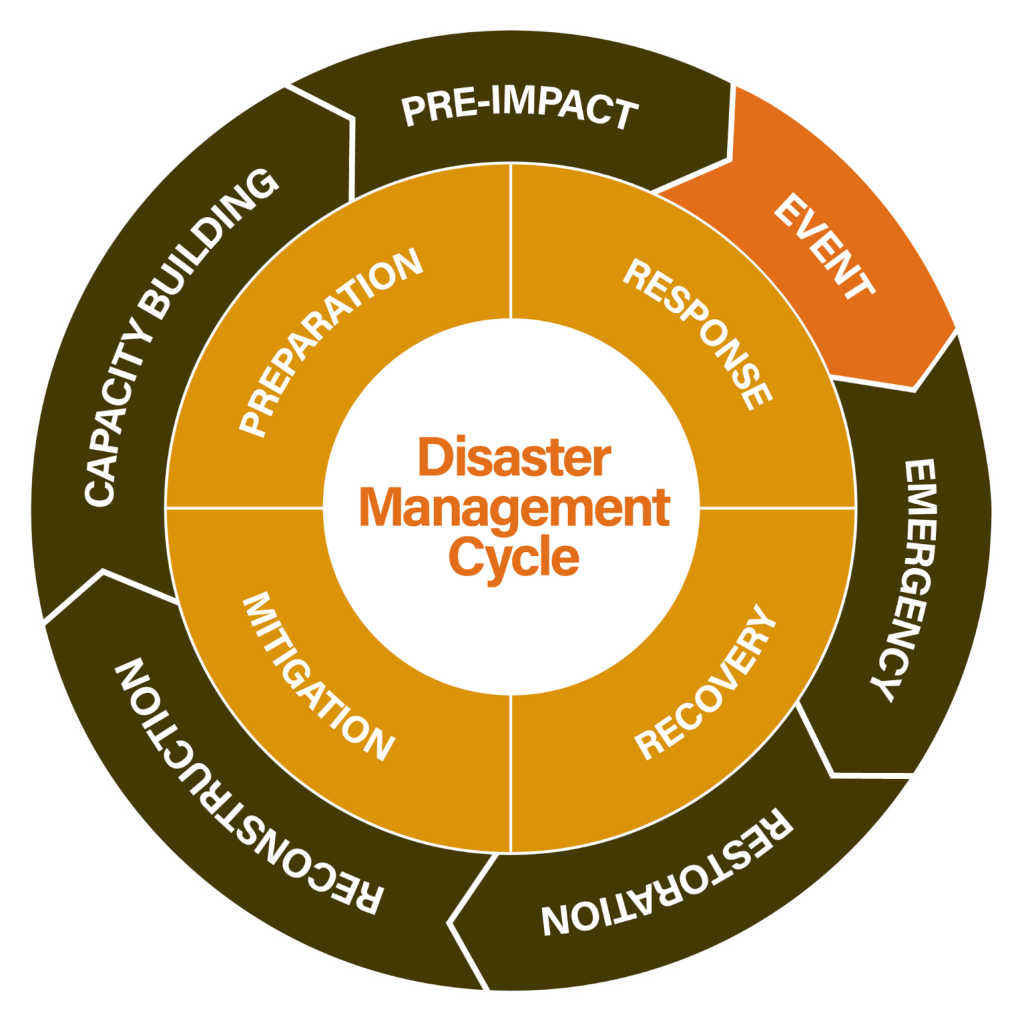
Session 5: Innovative Technologies and Smart tools for Earthquake Risk Reduction
Objective: Highlight cutting-edge technologies and interdisciplinary approaches for managing risk effectively.
Key themes:
- Artificial Intelligence (IA) tools for seismic risk and urban management.
- Geospatial tools for real-time monitoring (e.g., Drones).
- Innovations in Instrumentation and Seismic monitoring.
- Physics-based ground-motion simulations for risk mitigation.
